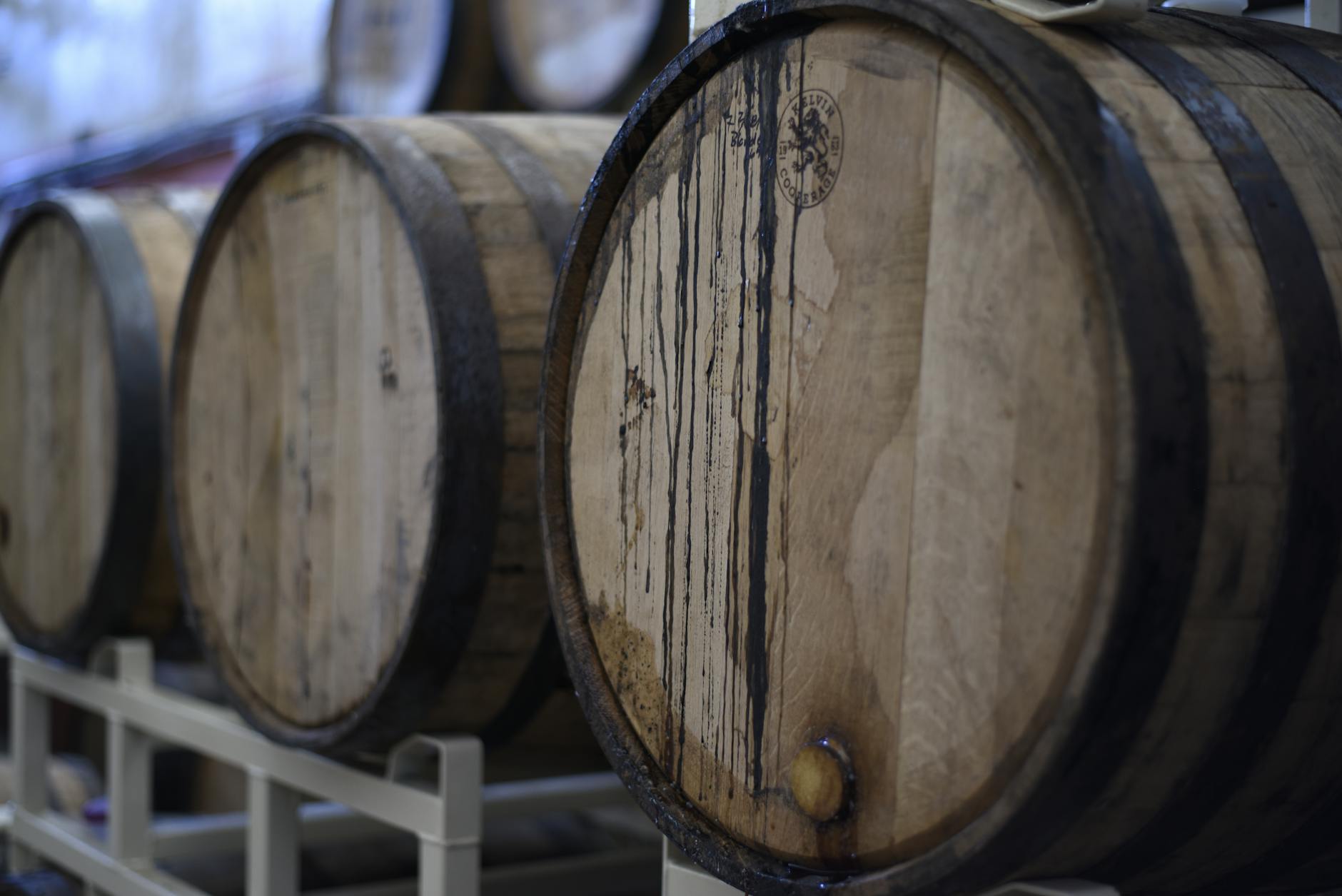BrewDog Co-Founder Departs Craft Beer Giant Amidst Shifting Industry Sands
Martin Dickie’s Exit Marks a Significant Moment for the Punk IPA Brewer
The craft beer landscape, known for its rapid innovation and often passionate brand identities, is facing a notable shift as Martin Dickie, a key figure in the founding of BrewDog, has announced his departure from the company. Dickie, who co-established the Ellon-based craft beer giant in 2007 alongside James Watt, communicated his decision to BrewDog staff via an internal email. This development arrives at a time when the craft beer sector, including major players like BrewDog, continues to navigate evolving consumer preferences and a competitive market.
The Genesis of a Craft Beer Powerhouse
BrewDog’s journey from a small Scottish operation to a globally recognized brand is a well-documented success story in the beverage industry. Founded with a philosophy of challenging convention and a “punk” ethos, the company rapidly gained traction with its distinctive marketing and diverse portfolio of beers, most notably the popular Punk IPA. Martin Dickie played an integral role in the brewery’s early development and operational growth, contributing to the establishment of a company that has significantly influenced the craft beer movement.
Reasons Behind the Departure: A Look at the Internal Communication
Details emerging from Dickie’s internal email suggest a personal decision to step away from the company he helped build. While the email to staff reportedly outlined his choice to leave, the specific motivations and future plans of Martin Dickie have not been widely elaborated upon publicly. The BBC article, which reported on the departure, cited the internal email as the primary source of this information.
The departure of a co-founder, particularly from a company with such a distinct brand personality and a relatively young history, naturally invites speculation about internal dynamics and future strategy. However, without further statements from Dickie or BrewDog leadership, it is important to focus on the confirmed information: his exit from the company he co-founded.
Industry Context: Navigating a Maturing Market
BrewDog operates within a craft beer market that has seen substantial growth and subsequent maturation since its inception. While the initial surge in craft beer popularity was driven by a desire for unique flavors and a rejection of mass-produced lagers, the market now faces increased competition from both established breweries expanding their craft offerings and a continuous influx of new craft breweries. Furthermore, changing consumer habits, including a growing interest in lower-alcohol options and a broader appreciation for various beverage categories beyond beer, present ongoing challenges and opportunities for companies like BrewDog.
The craft beer industry, by its very nature, often involves a degree of entrepreneurial spirit and a willingness to adapt. Companies that started with a strong counter-cultural image, like BrewDog, have had to balance maintaining their brand identity with the realities of scaling operations and appealing to a wider audience. This often involves strategic decisions regarding product development, marketing, and company structure.
Potential Implications for BrewDog and the Craft Beer Scene
The departure of a co-founder can signal various things for a company. It might represent a planned transition as the company matures, or it could be a catalyst for internal reevaluation. For BrewDog, a company that has consistently pushed boundaries in its branding and business practices, Dickie’s exit will undoubtedly be a significant event. The impact on the company’s day-to-day operations, strategic direction, and its deeply ingrained “punk” ethos remains to be seen.
From an external perspective, the craft beer community will be observing how BrewDog adapts to this change. The company’s ability to maintain its innovative spirit and market position will likely depend on the strength of its remaining leadership and its capacity to continue connecting with consumers in an increasingly crowded market. The broader craft beer industry, which often looks to influential companies for trends and inspiration, will also be monitoring BrewDog’s trajectory following this significant personnel change.
Looking Ahead: Uncertainty and Adaptation
As Martin Dickie embarks on his next chapter, the focus for BrewDog will be on internal continuity and future planning. The company has a robust team and a well-established brand, suggesting it is well-positioned to navigate this transition. However, the personal vision and contributions of a co-founder are often unique, and their absence will inevitably be felt. The craft beer industry remains dynamic, with companies constantly needing to evolve to meet consumer demand and market challenges. BrewDog’s ability to do so will be a key indicator of its long-term resilience.
Key Takeaways
- BrewDog co-founder Martin Dickie has announced his departure from the company.
- Dickie co-founded the craft beer giant with James Watt in 2007.
- His decision was communicated internally to staff via an email.
- The craft beer market is increasingly competitive and subject to evolving consumer tastes.
- BrewDog’s future strategy and brand identity will be closely watched following this significant change.
Further Information
For the original report on Martin Dickie’s departure, please refer to the BBC News article:


























